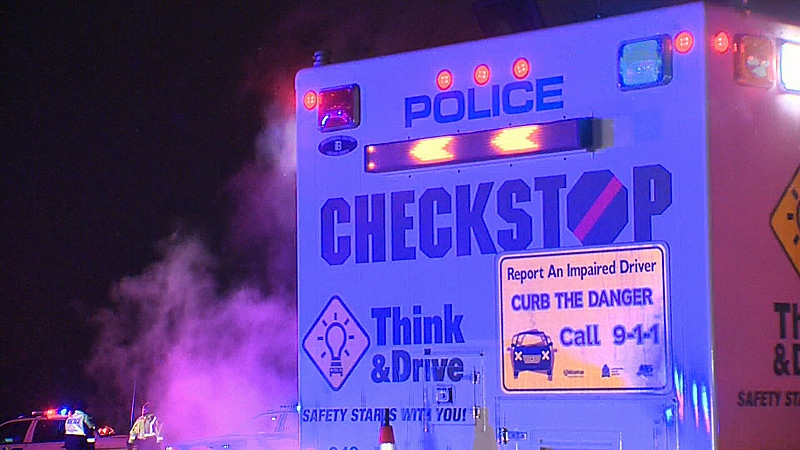
Auto insurance is vital in owning a vehicle, providing vehicle owners with financial protection and peace of mind. However, there are some instances where insurance companies may be able to void or deny your insurance policy, leaving you on the hook for possibly hundreds if not thousands of dollars. It’s important for vehicle owners to know of these circumstances, to avoid ending up having their claim denied. We will explore some of these situations that could lead to your insurance coverage being voided.




